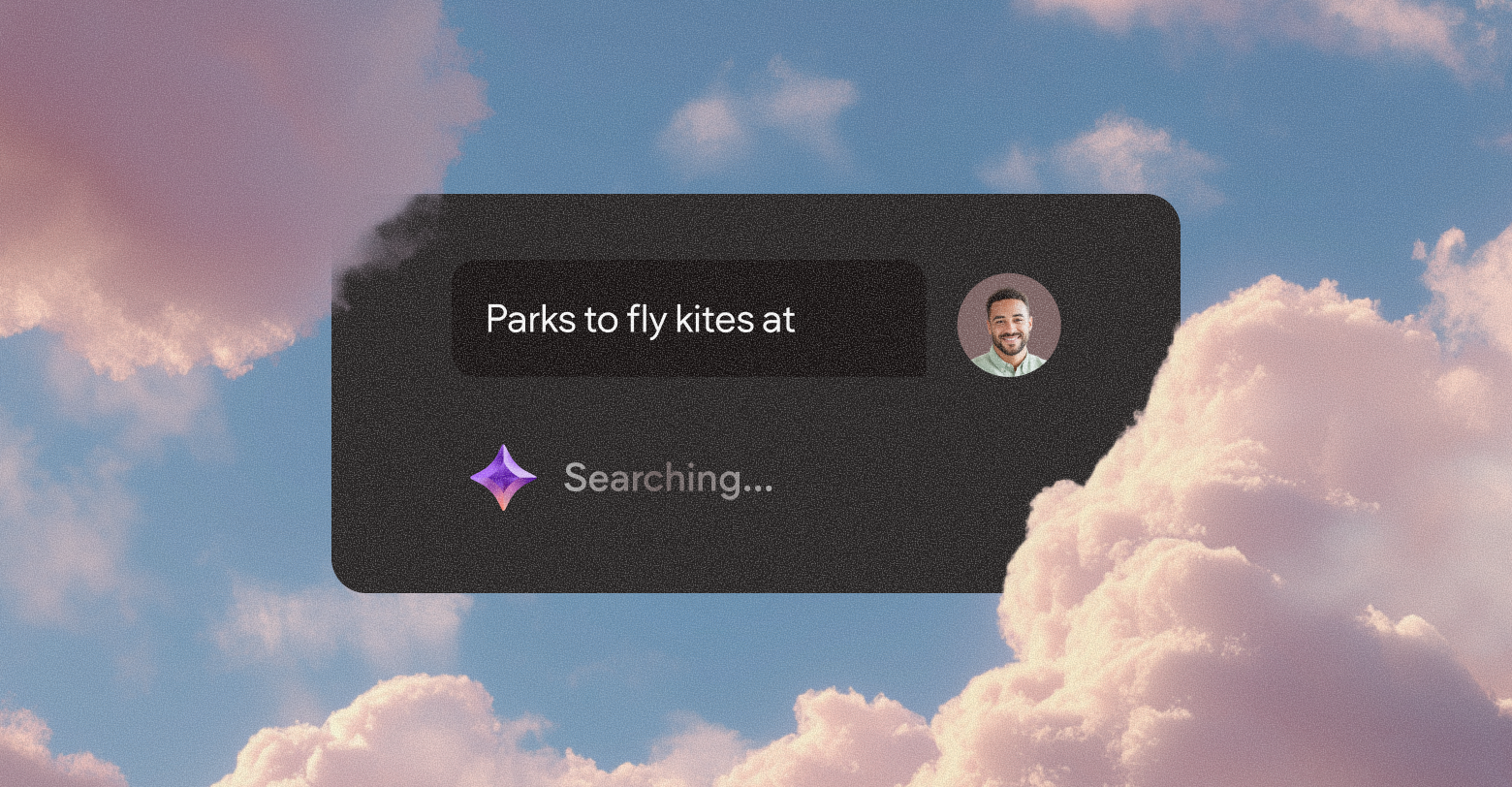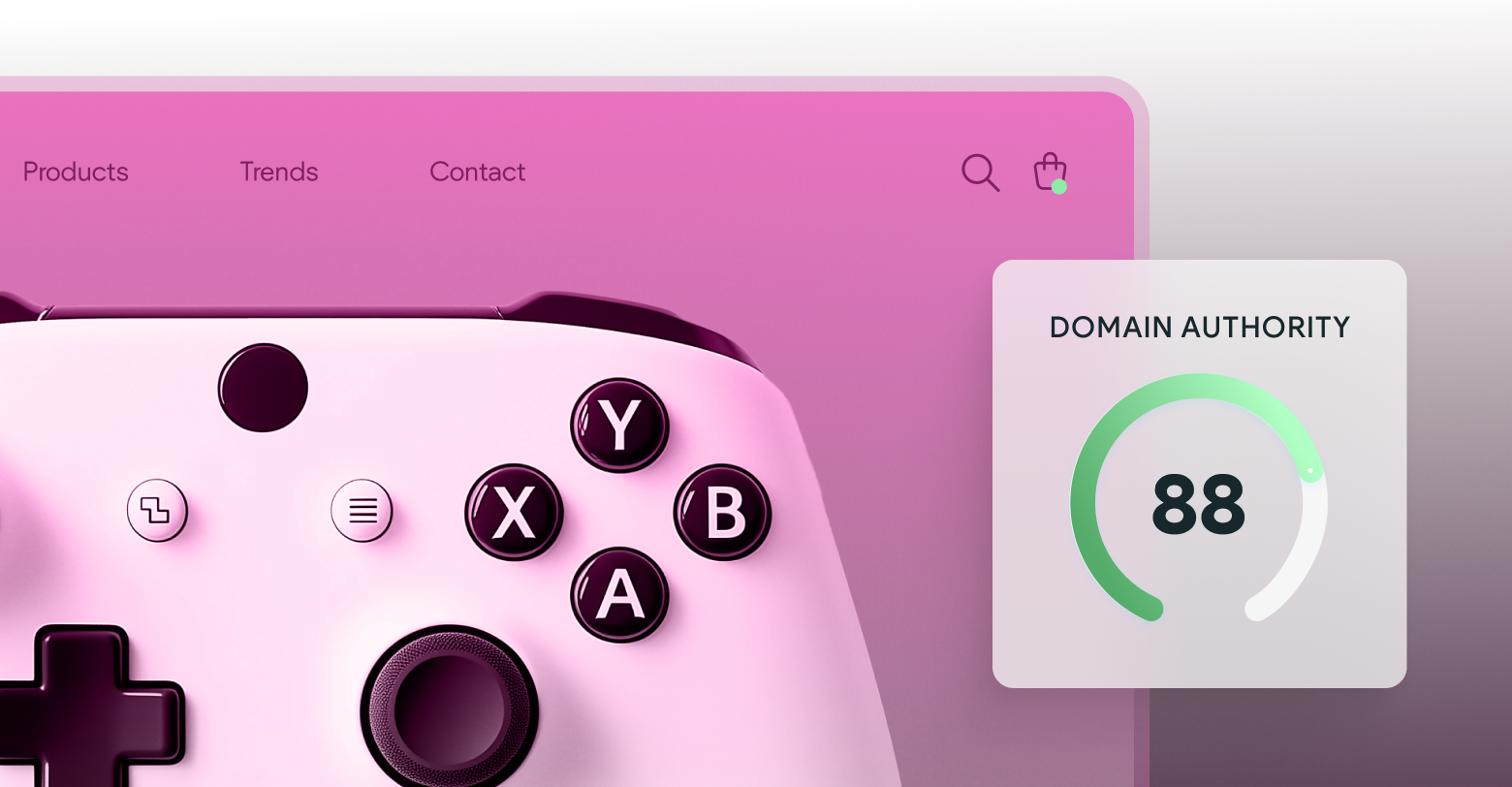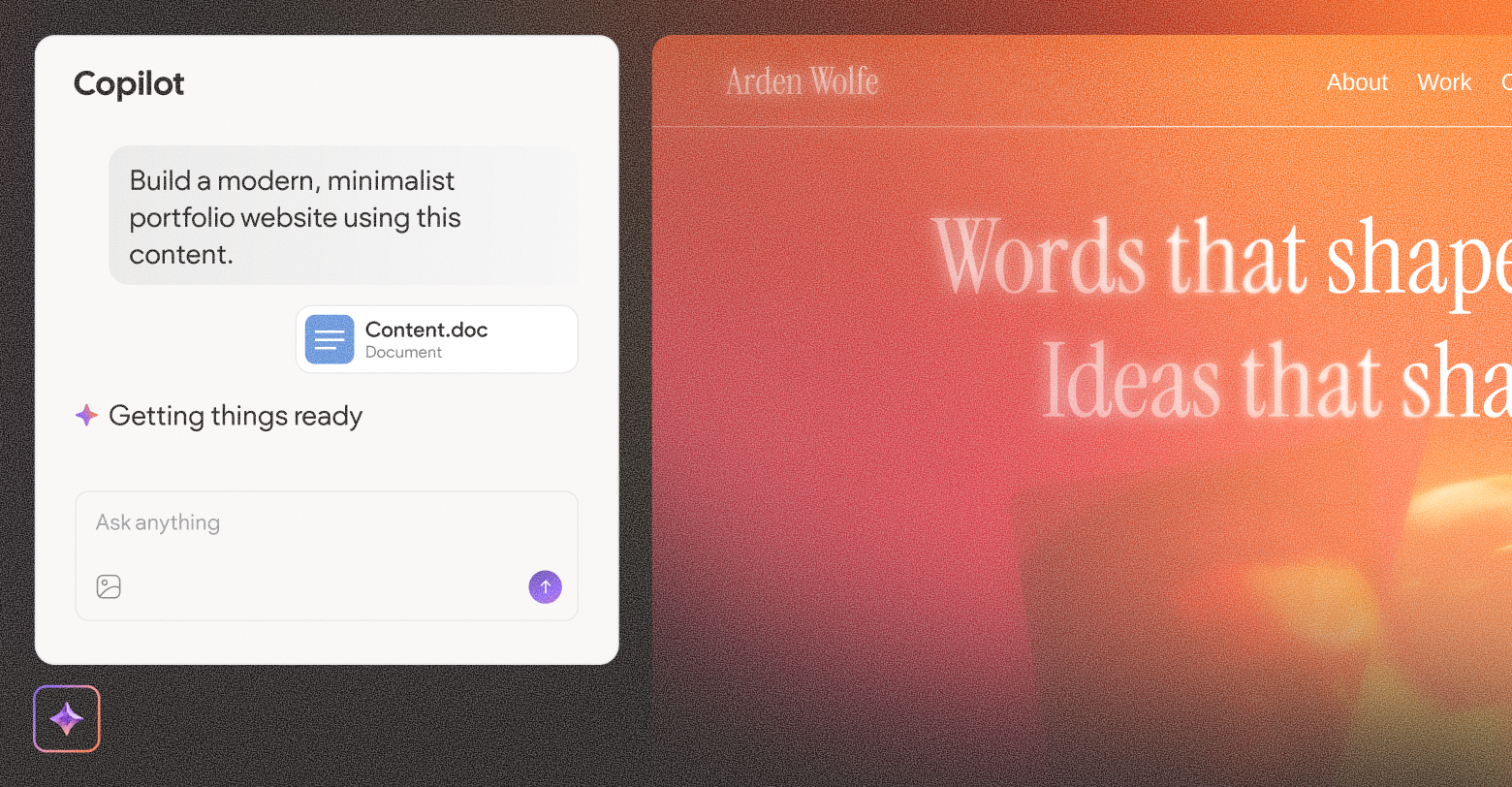Ever since ChatGPT was first unveiled to the world in
November 2022, the importance of visibility in AI-generated results has been a burning topic of discussion for all types of businesses—no matter their size—and the digital agencies, SEOs, and other web professionals that serve them.
Questions such as, “Will AI replace Google search?” and, “How will people find my website if AI just gives them the answer?” have become commonplace and caused bewilderment for essentially anyone who relies on a strong web presence to advertise their products and services.
And though these concerns are valid, and it’s true that the search landscape is quickly evolving with every new leap forward in AI’s abilities, there are some answers that can be confidently relied on for the foreseeable future.
Digital agencies and SEOs that can provide these answers in easily digestible forms will be seen as heroes to their all-important clients. Those who cannot… Well, let’s just say the
trajectory of the dodo bird comes to mind.
In this post, we will walk you through exactly how to talk to your clients about AI-powered searches with practical strategies that will help turn uncertainty into opportunity.
What exactly is “AI search”?
When we use the term “AI search” it should be understood to mean any search or query made via an AI-powered interface or chatbot. Examples include Google Gemini, ChatGPT, Perplexity, Claude and anything else that uses a multimodal large language model (LLM) to provide users with results to questions and prompts.
At this time, there are two common terms for the practice of optimizing web content to appear in the results from these AI tools that are essentially interchangeable: Answer Engine Optimization (AEO); and Generative Engine Optimization.
For comprehensive answers on how exactly to perform AEO/GEO, it would be wise to consult Duda’s blog post titled, “AEO for agencies: What is answer engine optimization?”
Explaining AI search to clients
Now that we’ve covered the basics of what AI search is, its importance, and the terminology used to describe how to optimize a website to appear in its results, it’s time to focus on how that conversation should go between an agency and both existing and prospective clients.
Step 1: Separate reality from the hype
When clients hear “AI search,” they may imagine an overnight replacement for traditional search engines. Simply put, that’s not the case and there is a lot more nuance to the situation.
It’s important to highlight to clients what’s changing and what’s not.
What’s changing
- Search results increasingly feature AI-generated summaries before (or instead of) traditional blue links.
- AI tools are pulling content directly from websites to answer questions in natural language.
- Users are trying more conversational, long-tail queries.
- Click-through rates from search may shift as answers are given on-page.
What’s not changing (yet)
- Search engines and chatbots still rely on a vast index of websites—including your client’s—to generate answers.
- Authoritative, well-structured content still matters.
- Organic search traffic is still a major source of discovery and leads.
- Search platforms are motivated to connect users to high-quality sources, not just keep them on the results page.
Framing the conversation this way keeps clients from feeling like they’re in a doomsday scenario where their web presence no longer has the importance in driving leads and converting customers that it once did. Things in the online search world are evolving; not ending.
Step 2: AI Is complex; how you explain it should be simple
Many clients won’t know what terms like “large language models” mean—and they don’t need to. Your explanation should be in plain, relatable language that is easy for them to grasp.
Here’s one way to explain it:
“Traditional search engines return a list of links that match your keywords. AI search still uses your content, but instead of showing just links, it summarizes the answer for the user in natural language. Think of it as a helpful librarian who not only points you to the right book but also gives you a quick summary of the chapter.”
This analogy helps clients understand two important points:
- AI search still depends on content from websites.
- Having clear, authoritative information on your site increases your chance of being included in AI answers.
Step 3: Address common concerns
It is more than likely that many of an agency’s clients will have similar concerns when it comes to optimizing for AI search.
Below are a few of the most frequently asked questions you may come across when explaining AI search, along with some proposed, calming responses.
Question #1: “If AI gives people the answers they’re looking for, why will they visit my site?”
Response: “AI can sometimes satisfy a query without a click, but users often still want to explore the source for more depth, context, or credibility. AI-generated answers also include citations and links — meaning if your content is a trusted source, it can be highlighted as part of that answer. The goal isn’t just ranking in the old sense — it’s being the trusted source that AI tools reference.”
Question #2: “Won’t this make all of our previous SEO efforts irrelevant?”
Response: “SEO is evolving, not disappearing. Instead of just optimizing with keywords, backlinks, pagespeed and Core Web Vitals, we also need to optimize for clarity, depth, and authority so AI models can understand and trust our content. Structured data, schema markup, and conversational phrasing are becoming even more important.”
Question #3: “Do we have to start creating AI-specific content?”
Response: “You don’t need a completely new content strategy—but you do need to make sure your existing strategy is ready for AI. That means answering questions directly, breaking information into clear sections, and providing authoritative, trustworthy information. These steps help with both traditional search and AI search.”
Step 4: Be upfront about the unknowns
When talking to clients about a new technology like AI, it’s important to remember that your credibility is somewhat on the line. If you overpromise or or make it sound like you have a crystal ball into the future, you could end up harming the relationship with your client if things don’t turn out the way you described.
It’s perfectly acceptable to tell clients that AI search is still evolving and what works right now might not work as well next year. Letting clients know that the future is still unwritten is, in fact, providing them with important information.
Step 5: Show, don’t just tell
It can be quite useful to demonstrate a live example when explaining how AI search works and what steps you and your client need to take to optimize for it.
It’s a good idea to search a common query that is relevant to your client’s industry on Google and highlight the AI Overview that is generated. Then, point out how the AI pulls from multiple sources to form its answer and uses sources that are credited and linked.
This can help show clients that the content on their websites really is still worth investing in—now more than ever.
Step 6: Position AI search as a competitive advantage
If your client understands the shift in search strategy but sees it only as a threat, they might freeze up or resist investing in changes. Instead, position AI search as a chance to get ahead of slower-moving competitors—similar to how you have explained the advantages of past SEO updates that dealt with issues such as pagespeed and Core Web Vitals.
Step 7: Keep the conversation going & schedule check-ins
AI search isn’t a “one and done” adjustment. You should encourage your clients to treat it as an ongoing discussion—just like any other part of their marketing strategy.
Additionally, it’s a good idea to provide some fresh ideas and offer benchmarks. A few to consider include:
- Quarterly reviews of AI search visibility with tools like
Otterly.ai.
- Test new content formats (like FAQs with schema markup or long-form explainer blog posts with relevant charts and imagery).
- Share notable AI product updates from Google, ChatGPT and others.
- This positions you as a proactive partner and builds trust that you’re staying ahead of the AI search curve.
How Duda prepares your agency for AI search
Duda has a long history of helping agencies using our platform provide their clients with the most visible online presence possible. In the past, this has meant ensuring sites built with Duda are optimized for pagespeed, Core Web Vitals and other SEO factors; today, we’ve expanded this effort to include methods for being successfully surfaced in the top AI-generated search results as well.
For example, Google has confirmed it won’t crawl, or use llms.txt files, and that appearing in AI Overviews simply requires sticking to standard SEO best practices—which means no new protocols are needed. Therefore, we've added a "no index" header to make sure llms.txt doesn’t get indexed unnecessarily.
However, other AI platforms (like OpenAI) are actively crawling llms.txt files—and in some cases as frequently as every 15 minutes. For those platforms,
we are automatically generating llms.txt files to improve page discoverability in AI search.




 Note
Note


